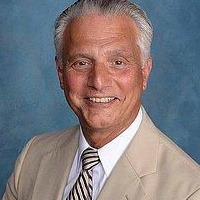Glen Mills Felony Lawyer, Pennsylvania
Sponsored Law Firm
-
 x
x

Click For More Info:
-
James E. Crawford, Jr. & Associates, LLC
999 Corporate Blvd. Suite 100 Linthicum, MD 21090» view mapCriminal Defense, Divorce & Family Law Move Forward With Confidence
Our Firm's team of family, criminal, and business lawyers understand that each case presents unique challenges and must be met with equally unique approaches.
800-789-9220
Christopher Bokas
✓ VERIFIEDCriminal, Car Accident, Wrongful Death, DUI-DWI, Felony
Attorney Christopher Bokas handles all felonies and misdemeanors, including white collar crimes, juvenile crimes, drug offenses, parol and probation v... (more)
Arik T. Benari
DUI-DWI, White Collar Crime, Misdemeanor, Felony
Status: In Good Standing Licensed: 24 Years
FREE CONSULTATION
CONTACTFREE CONSULTATION
CONTACTSteve Edward Jarmon
Criminal, DUI-DWI, Felony, Misdemeanor, Traffic
Status: In Good Standing Licensed: 19 Years
FREE CONSULTATION
CONTACT James Crawford, Jr. Linthicum, MD
James Crawford, Jr. Linthicum, MD Practice AreasExpertise
Practice AreasExpertise

